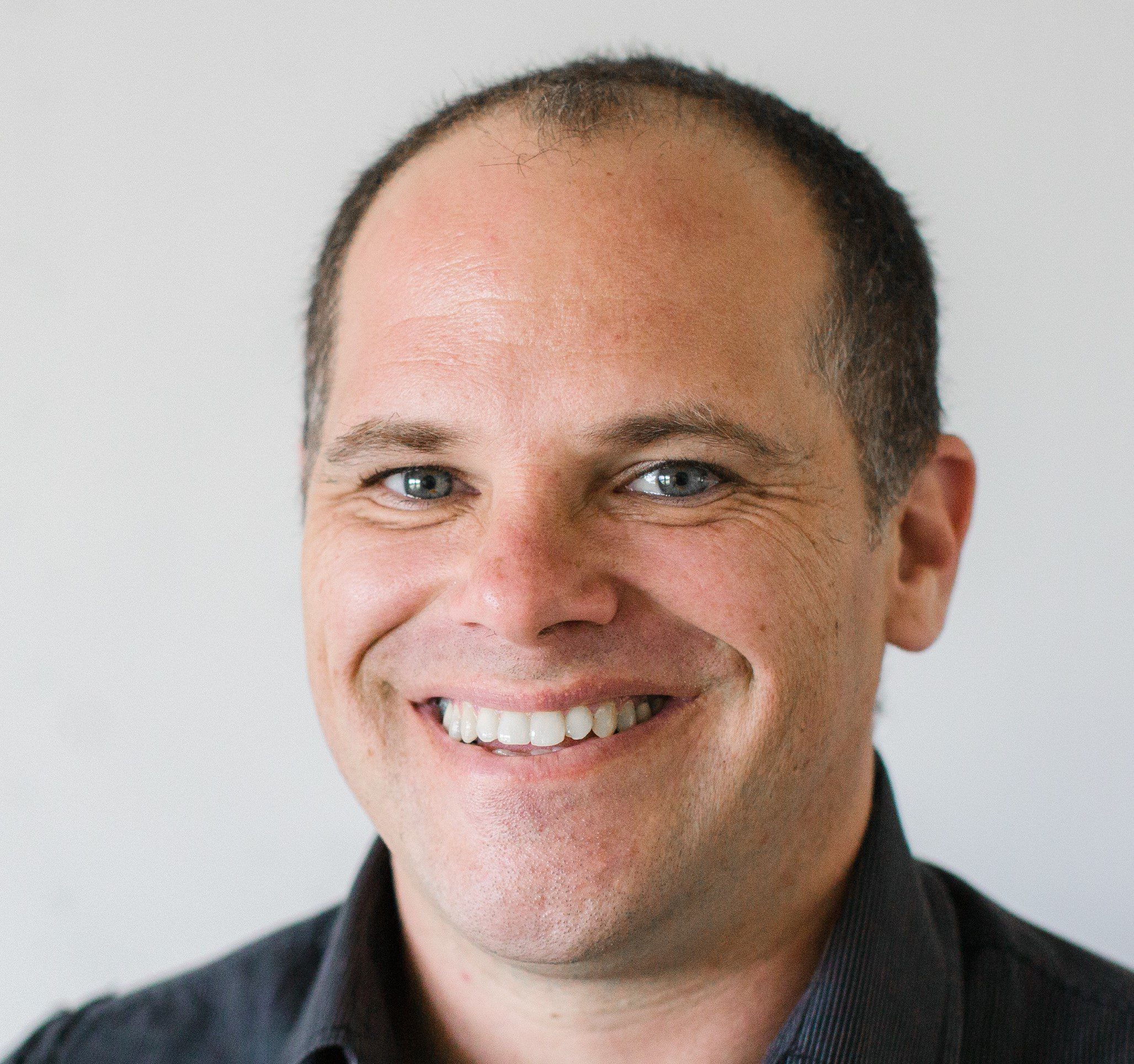It was a foggy morning when I reversed my car out of the driveway and into a pole. In my defense, there was a lot of condensation on the windows. As I confessed to my wife, Lyndal, it became evident that the pole I struck sat in my blind spot.
I always knew there was a risk of crashing into that pole, which worked for me when I could see the pole. But once that pole had moved into my blind spot, I was destined to hit it.
This scenario reveals an important observation for leadership.
Nothing ever moves into our blind spot.
We are the ones who move, causing us to lose the caution we once held valuable. When we aren’t cautious of a threat, we can collide with it, and we come off second-best.
Every leader has a blind spot or two, or more. A blind spot is something we understand the threat and theory of but are unaware of as a weakness or vulnerability in our leadership.
If we aren’t equipped to see these blind spots on our own, then how are we supposed to address and work on them?
Speaking into this, Psalm 139:23 says, “Search me, God, and know my heart; test me and know my anxious thoughts.”
God is aware of our blind spots. He knows our weaknesses and vulnerabilities far more deeply than we do. So, how do we begin to know what God already knows about us? The answer is in the Psalm; we permit God to search us and reveal to us what is helpful.
This process cannot be achieved apart from the assistance of trusted friends and mentors who love us and love God.
Below are 13 questions which those who know you well, but are not led by you, can help you answer. The responses you will receive after asking these questions will enable you, with God, to search your leadership and identify the blind spots you have. As you hear responses to these questions, listen for truth, pursue self-discovery and align your life with what God says about the discoveries you have made.
1. How could I show I love Jesus more?
2. What do you see that is healthy and unhealthy in my relating patterns?
3. What patterns do you see in my life that could undo my influence?
4. How do you see me stewarding my gifts and what could I do more?
5. What am I most excited about?
6. What indicators do you see that my spiritual life is thriving?
7. If a particular sin were going to disqualify me from ministry, what would it be?
8. Have I ever said anything that I’ve later contradicted with my words or actions?
9. What areas have you seen me grow in over the last year?
10. How have I retreated or moved backward in my life in the last year?
11. What do you think concerns me the most in my life?
12. What value do you think I offer the Kingdom?
13. What do you think is the goal of my existence?
These questions are designed to help someone you trust, who knows you well, to speak honestly into your life. Know that the responses to these questions may be uncomfortable or even painful, so commit upfront to putting aside a defensive or aggressive heart.
A helpful process you may want to pursue when using these questions is:
- Ask someone you trust, whom you don’t lead, to engage with you in this process.
- If they agree, give them the questions and ask for feedback.
- Ask them to take their time and prayerfully consider and respond to each question.
- Meet with them, giving you both plenty of time to talk through the responses.
- Write down your thoughts and learning.
- Remember to thoroughly explore everything that surprises, angers or hurts you.
- Don’t leave the conversation wondering what was meant when something was said.
Your search is for more truth about yourself. This doesn’t mean everything you receive needs your attention. Partnering with God throughout this process is imperative.
This process will increase your self-awareness, deepen your resilience by hardening you to criticism, and enable you to see the leader God is molding you into.
This article originally appeared here.


 Ralph Mayhew
Ralph Mayhew
